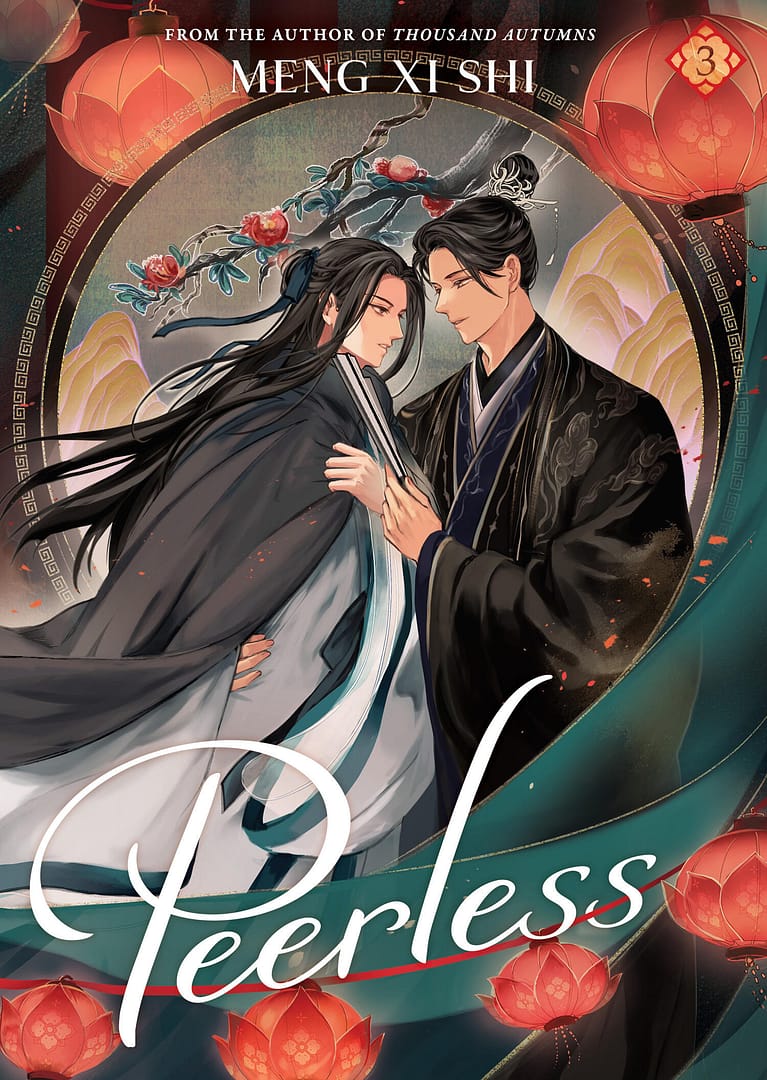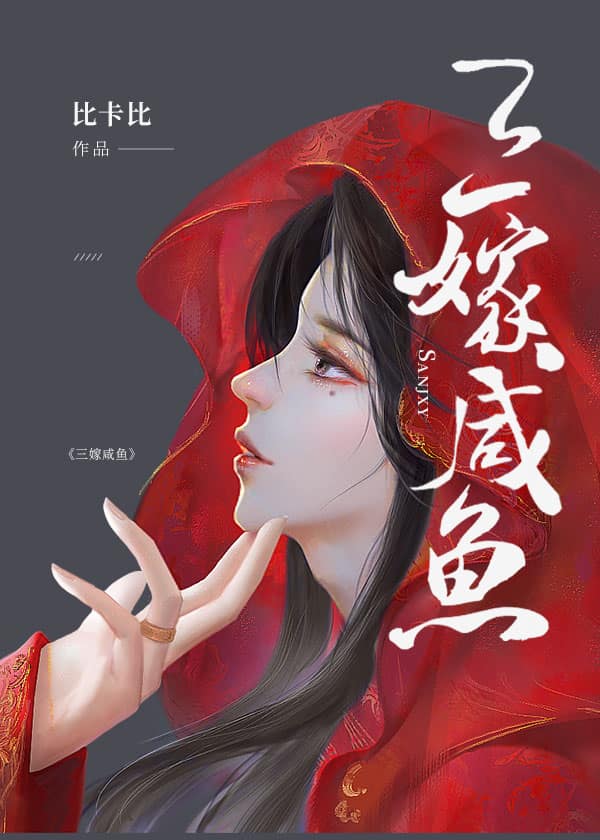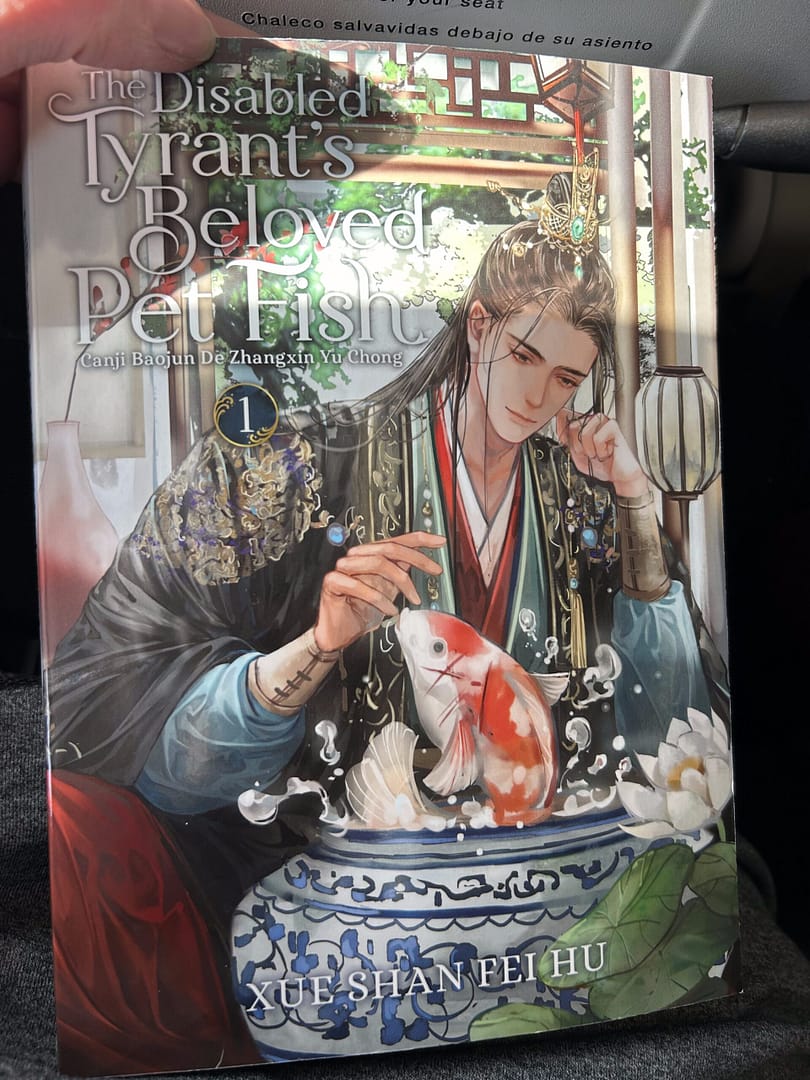Peerless v.2 Danmei Novel Review
This is a review for Peerless vol. 2 (無雙) by Meng Xi Shi (梦溪石). This novel is available fully licensed in English from Seven Seas, which can be bought through the Danmei Dreams affiliate bookshop.org link (Danmei Dreams may receive a portion of the sale price), Yiggybean using code DANMEIDREAMS (unfortunately sold out as of date of posting), or anywhere you can buy SevenSeas novels.
Please note that all reviews aim to be spoiler-free, while analyses often contain spoilers.
The summary of the book is:
Rival investigators Cui Buqu and Feng Xiao embark on a diplomatic journey westward, hoping to build a key alliance that will stand against the power-hungry Eastern Khaganate. But they get more than they bargained for when they stop to rest at the oasis city of Qiemo, where they find a haunted inn, a beleaguered Sui magistrate, and the city divided between two powerful self-styled rulers.
Despite their larger mission, Cui Buqu has an audacious idea—one that will turn the city upside down and bring Qiemo back under Sui control if he succeeds. Even Feng Xiao must admit that, while Cui Buqu’s schemes are outrageous, there’s something increasingly intriguing about this sickly chief of the Zuoyue Bureau. Yet more is at stake in the city than petty power struggles: as the investigative duo digs into the underbelly of Qiemo, they uncover evidence of a conspiracy that stretches across Great Sui and beyond.

Review Summary
This volume continues to refine the push-and-pull between its leads while expanding the scope of its political and martial intrigue. The central dynamic of Cui Buqu and Feng Xiao keeps the reader invested, not because of overt romance but because their partnership is as unpredictable as it is compelling. Secondary characters give depth, the world feels vivid and lived-in, and the prose manages to juggle humor with suspense. While intimacy lingers in suggestion only, the mix of clever dialogue, layered plotting, and cultural texture makes this a strong entry in the series.
Romance and Main Characters
Cui Buqu and Feng Xiao remain the heart of the volume, not because they move closer romantically, but because of the fascinating friction that defines their partnership. Their interactions swing between sharp wit, quiet observation, and outright provocation, yet beneath every exchange is the question of whether these two could ever meet each other sincerely. Feng Xiao delights in needling Cui Buqu, while Cui Buqu parries with cutting remarks or calculated silence. Their dynamic is less about harmony and more about the challenge of working with someone whose methods both clash with and complement your own. This tension keeps their relationship intriguing while leaving readers to wonder what it would take for them to ever let their guard down.
Secondary Characters
The supporting characters consistently elevate the story. Whether it’s subordinates, political players, or adversaries, each one contributes to the narrative rather than feeling ornamental. They test the main characters, provide alternate perspectives, and embody the wide social and political networks surrounding the leads. Their roles are never passive; they create complications, offer moments of relief, or supply crucial pieces of information that sharpen Cui Buqu’s deductions. Even temporary figures leave impressions that ripple through the story, which makes the world feel populated with people who matter. This volume shows how a strong ensemble can enrich the reading experience without stealing the spotlight from the leads.
Plot
The narrative blends investigation, political maneuvering, and martial tension into a layered progression. The central conflicts are not presented as straightforward battles but as puzzles where manipulation and insight matter as much as strength. Cui Buqu’s deductions and Feng Xiao’s improvisations carry the thread of the story, yet it is the overlapping interests of magistrates, envoys, and shifting allegiances that heighten the drama. The father–son relationships embedded in political rivalries add an emotional undercurrent, revealing how personal loyalty intersects with ambition. While some turns require patience to follow, the narrative pays off by weaving together mystery and confrontation in a way that consistently engages.
Worldbuilding
The world comes through in political layers and cultural detail, giving the story a strong sense of place. Qiemo is depicted with an undercurrent of unease, where diplomacy and veiled intentions shape every encounter. The narrative uses elements like disguises, regional tensions, and coded exchanges to bring out the atmosphere without breaking immersion. Instead of long explanations, context emerges through action and dialogue, which makes the environment feel authentic while still serving the forward motion of the story.
Writing Style & Translation:
The prose balances sharp wit with tension, moving easily from quick banter to moments of unease. The dialogue, especially between Cui Buqu and Feng Xiao, sparkles with rhythm and layered meaning. Descriptions capture both grandeur and subtle menace, sketching characters and settings vividly without slowing the pace. Humor slips in at unexpected points, lightening heavier stretches of intrigue. If there is a weakness, it lies in certain passages that lean into complex puzzles or historical detail, which may feel dense. Still, the narrative voice stays clear and lively, keeping the story consistently engaging.
Spice Level
While the volume includes moments of physical closeness, such as feigned intimacy for cover or teasing gestures, nothing develops beyond suggestion. The tension lies in proximity and banter rather than genuine romantic fulfillment. At this stage, the relationship between Cui Buqu and Feng Xiao remains defined by implication and provocation.
How to Read
This volume is available fully licensed in English from Seven Seas. Consider purchasing through bookshop.org or Yiggybean using code DANMEIDREAMS to support this blog, or check out how to purchase the ebooks or buy the physical editions from other recommended retailers.









